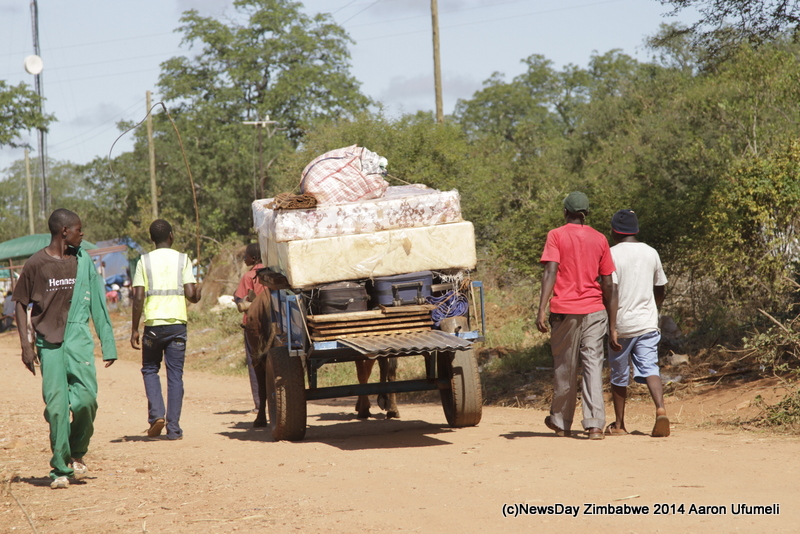
THE liquidity crisis and erratic rainfall has negatively affected cereal crop production, forcing rural households to engage in barter trade to get food, a new report has shown.
BY TATIRA ZWINOIRA
In its report, Zimbabwe Food Security Outlook, the Famine Early Warning Systems Network (FEWS NET) said the situation has forced rural households to exchange goods or services without the use of a medium of exchange such as money.
FEWS NET is a provider of information and analysis on food insecurity under the United States Agency for International Development’s department.
“As the liquidity crisis continues, there is increased use of credit and debit cards, mobile money transfers, and electronic payments. Some rural households are using barter trade to acquire food. The government of Zimbabwe continues to monitor the availability and prices of 16 basic commodities including maize meal, bread, cooking oil, sugar and salt,” FEWS NET said.
It said by the end of January, typical green crop consumption was not available across most parts of the country due erratic weather conditions, thus affecting food sources.
FEWS NET said the development also affected sources of income through on-farm casual labour as the fewer crops means less work to harvest crops, at a time when cereal prices started increasing from end of December 2017 into January this year.
This, the organisation said, resulted in some rural households to rely solely on handouts as they could not depend on crop yields, with barter creeping. It said barter trade has been unfavourable for those seeking food in the rural communities.
- Chamisa under fire over US$120K donation
- Mavhunga puts DeMbare into Chibuku quarterfinals
- Pension funds bet on Cabora Bassa oilfields
- Councils defy govt fire tender directive
Keep Reading
“In anticipation of the below-average 2018 harvest, poor households are beginning to engage in typical coping strategies. Most meals are mainly cereal, and vegetable based, with some pulses from humanitarian assistance programming. However, consumption patterns for most poor households remain poor as they engage typical consumption coping strategies in view of anticipated poor harvests.”
It is estimated that from January to March, approximately 11% of the rural population or 1,1 million people were food insecure during the peak lean season.











